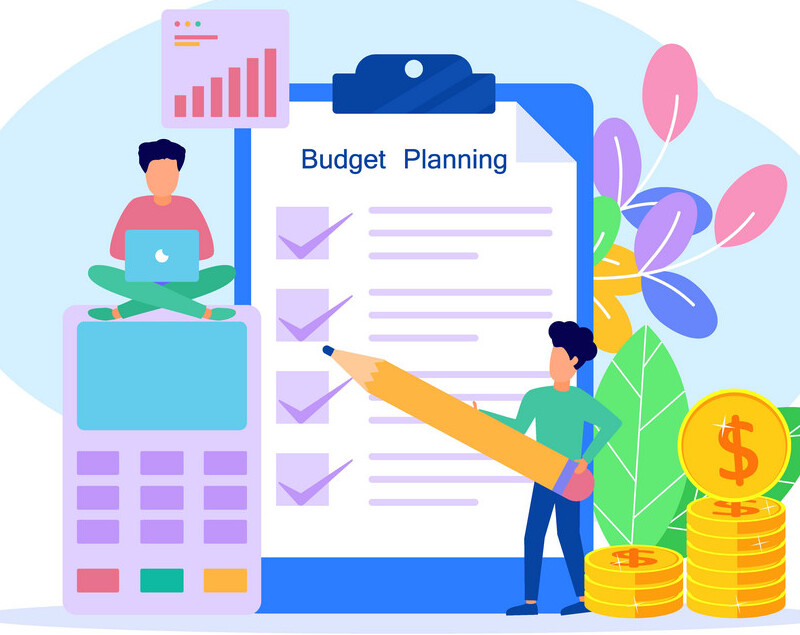Budgeting is the cornerstone of personal finance management, enabling individuals to allocate their income effectively, prioritize spending, and achieve financial goals. At its core, budgeting involves creating a plan for how money will be spent, saved, and invested over a specific period. The process begins with assessing one’s income sources, including salary, investments, and any additional streams of revenue. Understanding the inflow of funds is essential for building a realistic budget that aligns with financial objectives
.
Once income is determined, the next step is to identify expenses. This entails categorizing spending into fixed expenses, such as rent or mortgage payments, utilities, and insurance premiums, and variable expenses like groceries, dining out, and entertainment. Tracking expenses meticulously provides insight into where money is being allocated and highlights areas where adjustments can be made to optimize financial resources. Moreover, distinguishing between needs and wants is crucial for making informed spending decisions and curbing unnecessary purchases.

With income and expenses outlined, the next phase involves setting financial goals. Whether it’s saving for a down payment on a house, paying off debt, or building an emergency fund, establishing clear objectives provides direction and motivation for budgeting efforts. Setting SMART goals—specific, measurable, achievable, relevant, and time-bound—helps ensure goals are attainable and progress can be tracked effectively. Integrating these goals into the budget allows individuals to allocate funds strategically, prioritizing savings and debt repayment to stay on track.
Regularly reviewing and adjusting the budget is essential for its effectiveness and relevance. Life circumstances, such as changes in income, expenses, or financial goals, may necessitate modifications to the budget to accommodate new priorities or challenges. Additionally, periodic evaluations enable individuals to identify areas where expenses can be trimmed or reallocated to better align with overarching financial objectives. Embracing flexibility and adaptability ensures the budget remains a dynamic tool for financial management.
Incorporating saving and investing components into the budget is vital for long-term financial stability and growth. Allocating a portion of income towards savings, whether for emergencies, retirement, or specific goals, fosters financial resilience and provides a safety net in times of need. Likewise, investing surplus funds intelligently can generate additional income and build wealth over time. Understanding risk tolerance, investment options, and diversification strategies is paramount for making informed investment decisions that align with individual financial goals and timelines.
In conclusion, budgeting is an indispensable skill for mastering personal finance and achieving financial wellness. By proactively managing income, expenses, and financial goals, individuals can take control of their financial future, build wealth, and navigate economic challenges with confidence. With careful planning, discipline, and regular review, budgeting empowers individuals to live within their means, prioritize financial objectives, and realize their aspirations for a secure and prosperous future.
Written by: Rtr.Nawodya Sathsarani
Graphic design by: Rtr. Dilushika Dilhara



0 Comments